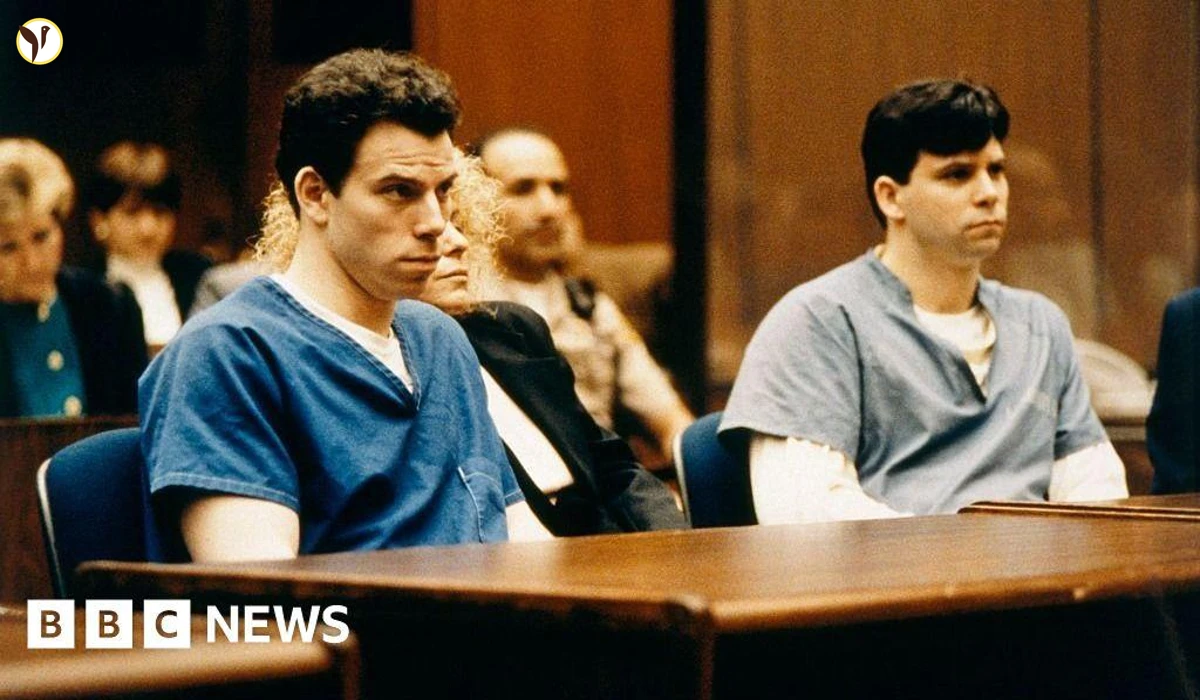Could the Menendez Brothers Walk Free After 35 Years?
The 1989 shotgun murders of Jose and Kitty Menendez in their opulent Beverly Hills mansion shocked the world. Their sons, Lyle and Erik, were convicted and sentenced to life without parole. But now, over three decades later, a series of events – including new evidence and a shifting legal landscape – has ignited a renewed debate about their potential release from prison.
The Case for Freedom: A Reckoning with Abuse?
Lyle and Erik have consistently maintained their innocence, claiming the killings were an act of self-defense stemming from years of horrific physical, emotional, and sexual abuse at the hands of their parents. This claim, largely dismissed during their 1990s trials, is now being re-examined in light of new evidence.
- A newly discovered letter written by Erik to a cousin months before the murders hints at his fear and abuse by his father.
- A former member of the band Menudo, Roy Rossello, has come forward with allegations of sexual assault by Jose Menendez, bolstering the brothers' claims of a pattern of abuse within the family.
This fresh evidence, coupled with evolving societal understanding of the long-term effects of childhood trauma, forms the cornerstone of the brothers' legal strategy. Their lawyers argue that had the same evidence been presented with today’s understanding of trauma, the outcome of the trial could have been drastically different.
The Resentencing Hearing and the Path to Parole
A resentencing hearing, scheduled for May 13-14, is at the heart of the matter. Former Los Angeles District Attorney George Gascón, before leaving office, recommended a revised sentence of 50 years to life, making the brothers eligible for parole under California's youth offender laws. However, his successor, Nathan Hochman, opposes the resentencing, citing the brothers' alleged lack of remorse.
The hearing will focus on several key aspects:
- Rehabilitation: The brothers' conduct and achievements in prison—including earning degrees and contributing to prison programs—will be heavily scrutinized.
- New Evidence: The admissibility and weight of the newly presented evidence will be debated.
- Public Safety: Concerns about the potential danger the brothers pose to society if released will be central to the discussions.
Even a favorable ruling at the resentencing hearing wouldn't guarantee immediate release. The brothers would still need to convince a parole board they are no longer a threat.
A Divided Family and Public Opinion
The Menendez family is far from united on the issue of their release. While many extended family members have publicly supported the brothers, citing the abuse they endured, others, notably Kitty Menendez's brother, remain steadfast in their belief that life without parole is the appropriate sentence.
Public opinion, fueled by a recent Netflix series and social media discussions, is equally split. The case has become a complex intersection of justice, family trauma, and societal perceptions of rehabilitation.
The Road Ahead: Clemency and Ongoing Uncertainty
Beyond the resentencing hearing, the brothers also have the option of seeking clemency from California Governor Gavin Newsom. This remains a possibility, even if the resentencing is unsuccessful. The governor has ordered a risk assessment by the parole board, a crucial step in the clemency process.
The Menendez brothers' case remains a compelling and multifaceted legal drama, constantly evolving with new information and shifting legal interpretations. The upcoming hearing is a critical juncture in a story that has captivated the public for decades. The outcome could redefine our understanding of justice and the complexities of trauma and accountability.
Conclusion
The possibility of Lyle and Erik Menendez's release after 35 years in prison hangs in the balance. The May hearing will be a pivotal moment, but even a positive ruling doesn't guarantee freedom. The case highlights the ongoing debate about the justice system's response to childhood trauma and the complexities of balancing punishment with rehabilitation.









